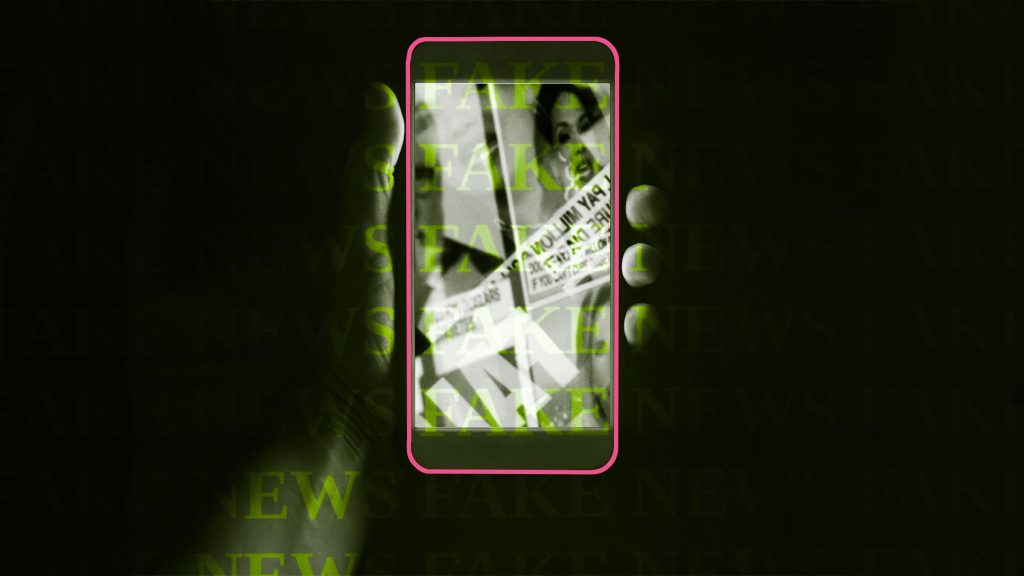Tech Dystopia
2 min read
The New Digital Dark Age
In the age of rapid technological advancement, we have seen a massive shift towards digitization in almost every aspect of our lives. From communication to entertainment, education to healthcare, the digital revolution has brought about unprecedented convenience and connectivity. However, with this progress comes a new set of challenges and risks that threaten to plunge us into a “Digital Dark Age.”
The term “Digital Dark Age” refers to the potential loss of digital data and the inability to access or interpret information stored in digital formats due to obsolete technology, lack of preservation efforts, or other factors. Just as the Dark Ages of history were characterized by a lack of written records and knowledge preservation, the Digital Dark Age poses a similar threat to our digital heritage and collective memory.
As we rely more and more on digital technology to store and transmit information, the risk of losing valuable data becomes increasingly real. File formats become obsolete, hardware fails, and data centers are at risk of natural disasters or cyber attacks. Without proper preservation strategies in place, we stand to lose a significant portion of our cultural, scientific, and historical records.
To prevent the onset of a Digital Dark Age, it is crucial that we prioritize digital preservation efforts and invest in the development of sustainable digital archiving practices. This includes migrating data to current file formats, creating redundant backups, and implementing metadata standards to ensure long-term accessibility.
By recognizing the potential risks and challenges of the digital age, we can work towards safeguarding our digital heritage for future generations and ensure that we do not descend into a new era of ignorance and lost knowledge. The preservation of our digital legacy is essential in maintaining a vibrant and informed society in the years to come.





